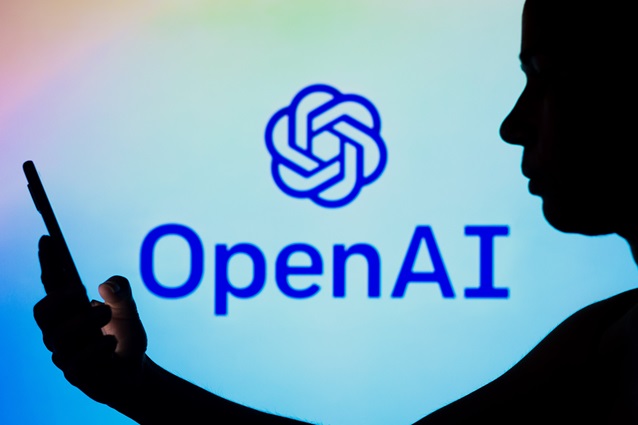In the not-so-distant future, Australia stood at the forefront of the AI revolution. Tech companies, once the darlings of innovation, now found themselves navigating a landscape fraught with new regulations and ethical considerations.
It began with a groundbreaking announcement from the industry and science minister, Ed Husic. The federal government, in response to public concern and McKinsey’s promising research, unveiled plans to regulate AI more tightly. The goal was to ensure that while the country embraced the economic benefits of AI and automation, it did not sacrifice safety and responsibility.
One of the most contentious proposals was the idea of watermarking or labeling content generated by AI. This proposal, aimed at platforms like ChatGPT and Dall-E, sought to address concerns about the misuse of AI-generated material. The New York Times had recently sued OpenAI and Microsoft over the use of its content to train AI systems, sparking a broader conversation about the rights of content creators in the age of AI.
As the government embarked on this new regulatory journey, the tech industry braced for change. Companies that had thrived on the cutting edge of AI now faced the prospect of stricter oversight and accountability measures. For some, this was a necessary step to build public trust in AI. For others, it was a hindrance to innovation.
Meanwhile, in the halls of academia and research institutions, discussions about the ethical implications of AI grew more intense. Researchers grappled with questions about the origins of the data used to train AI models and the potential biases embedded in these systems. The need for transparency and accountability in AI development became a rallying cry across the industry.
Amidst this backdrop of change and uncertainty, a new era of AI was dawning. The government’s expert advisory group on AI policy worked tirelessly to develop new standards and guidelines. Tech companies, once reluctant to embrace regulation, began to see the value in building AI systems that were not just powerful, but also trustworthy and ethical.
In the end, Australia emerged as a leader in responsible AI development. The country’s approach to regulating AI set a precedent for other nations grappling with similar challenges. As AI continued to evolve and shape the world around us, Australia stood as a shining example of how to harness its power for the greater good.
(Source: Josh Butler | The Guardian | Alasdair Pal | Reuters)









